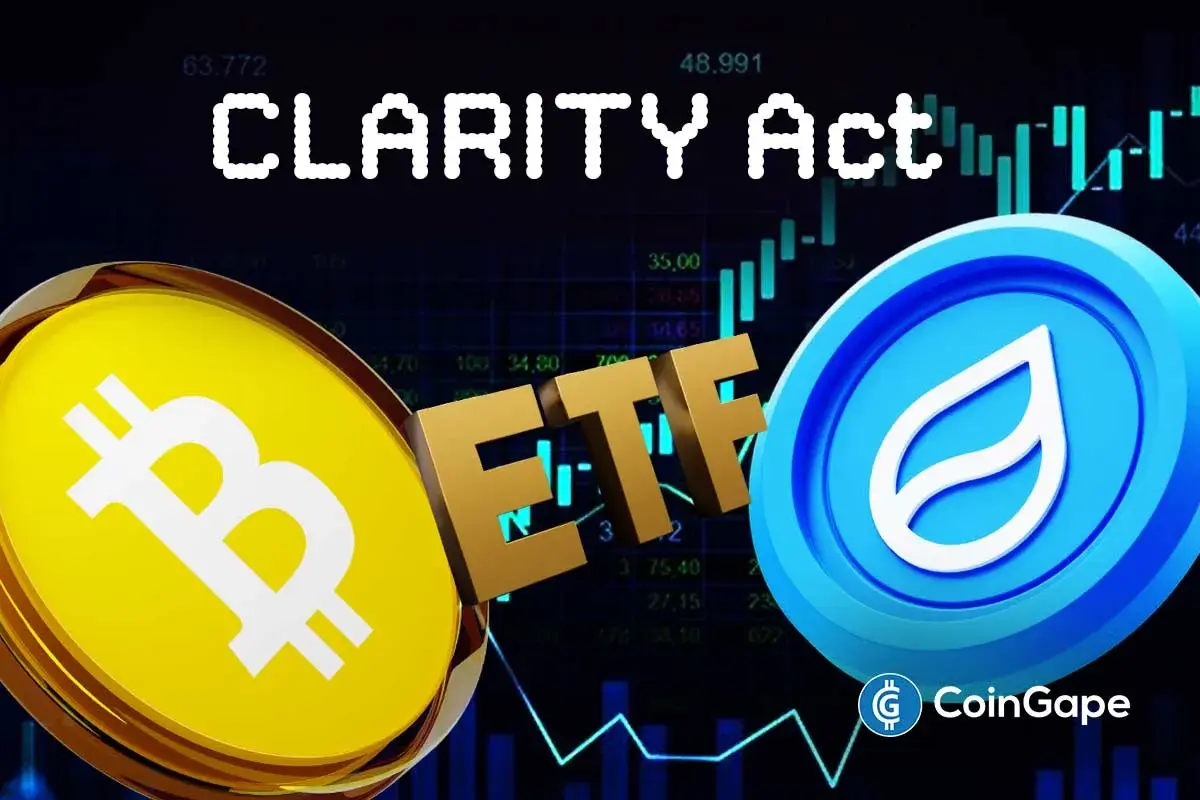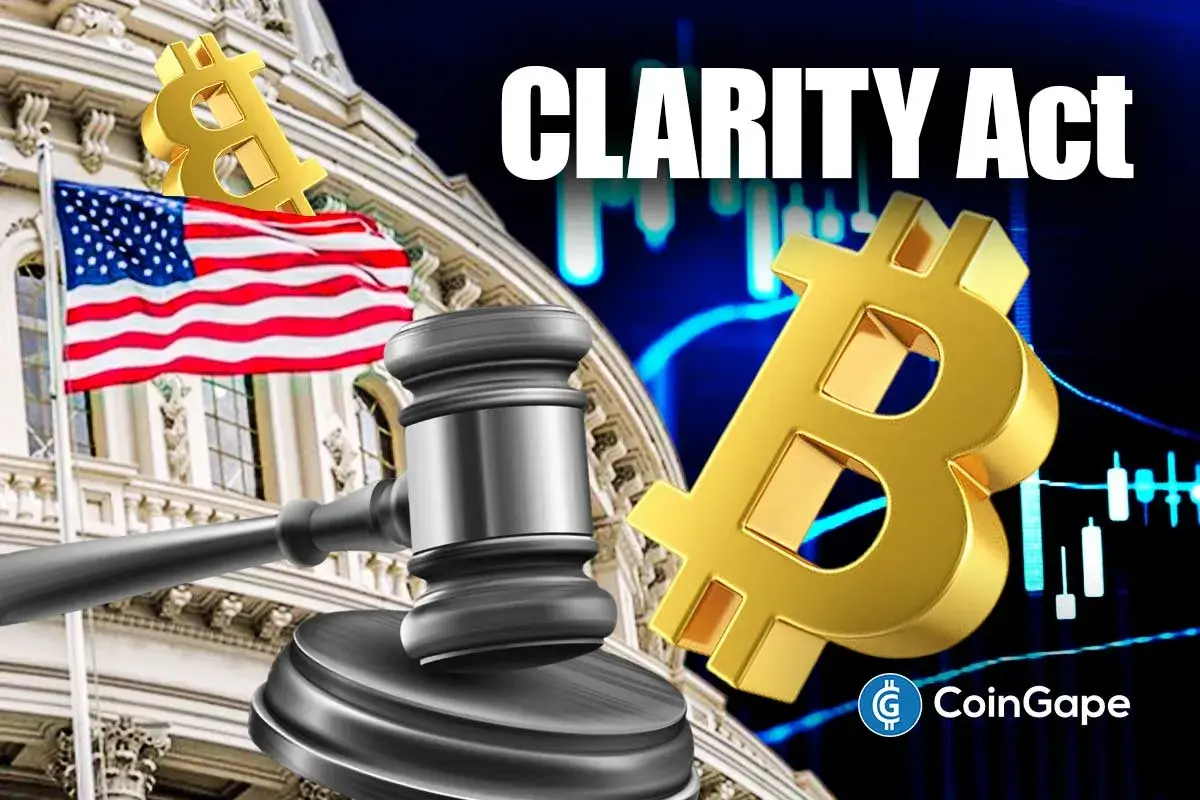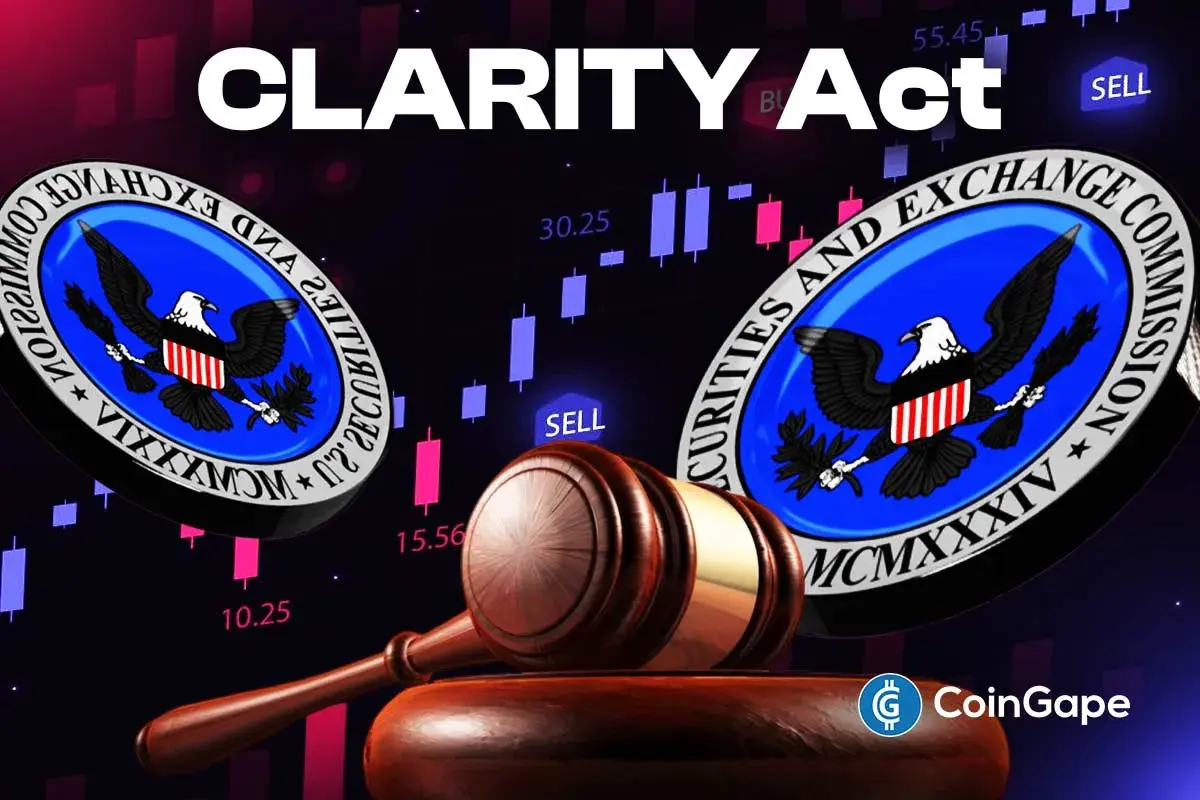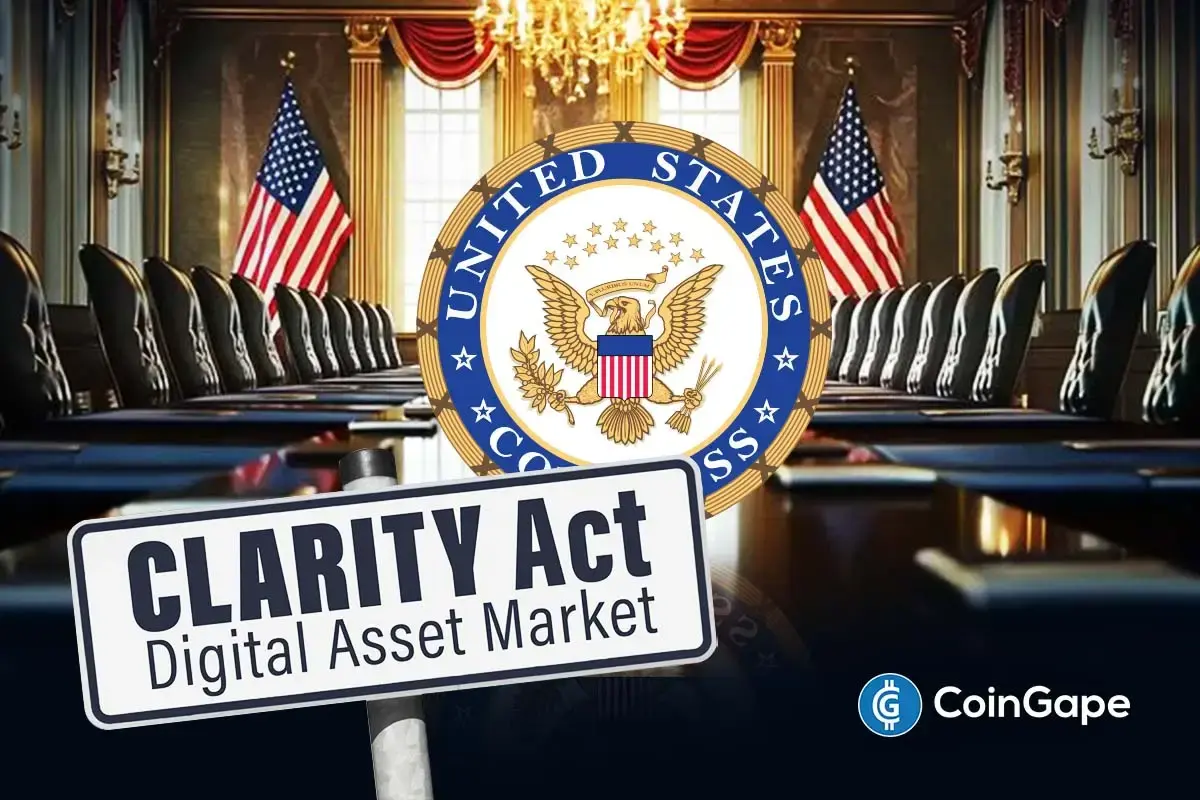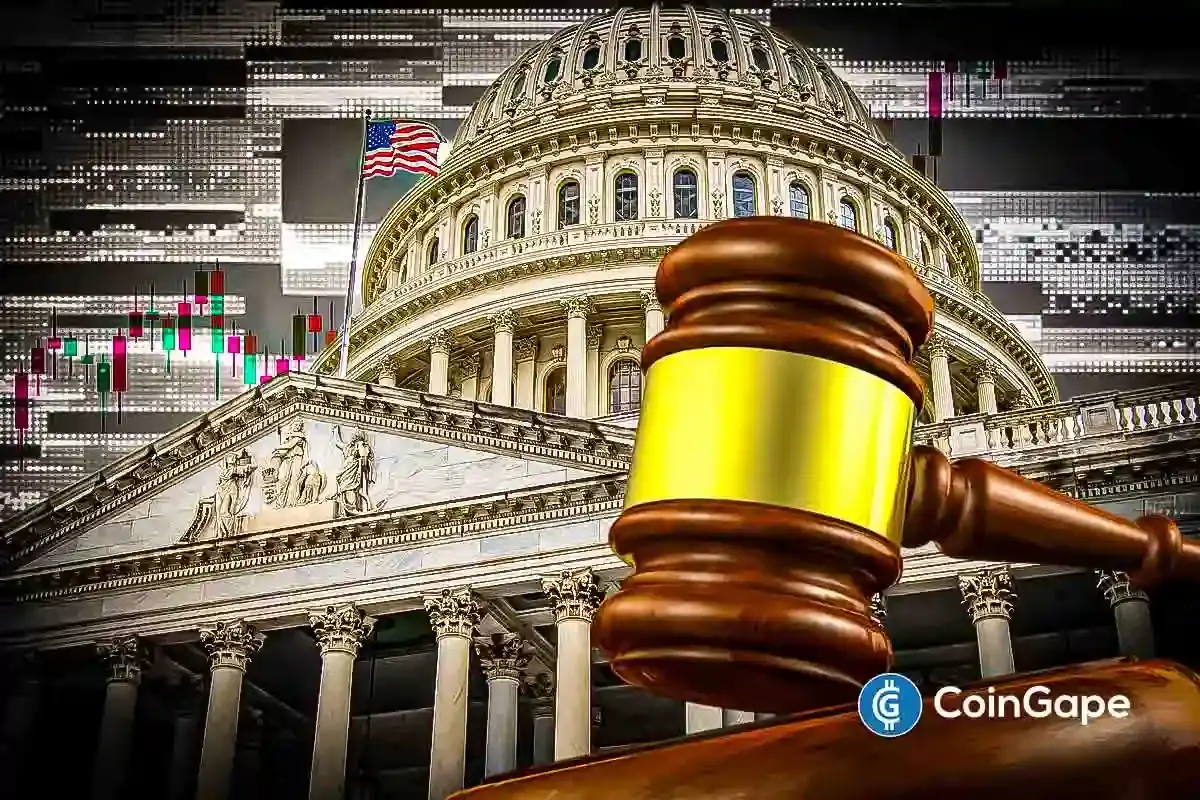Breaking: IMF And FSB Releases G20 Summit Paper On Crypto Asset Regulation

The International Monetary Fund (IMF) and the Financial Stability Board (FSB) on Thursday released a paper on policy recommendations and standards for crypto regulation. The G20 Presidency India asked the IMF and FSP to develop policy and regulatory frameworks for a common approach to regulating crypto assets. The paper will be discussed at the G20 Summit this week.
IMF and FSB Publishes Recommendations on Crypto Regulation
G20’s risk watchdog Financial Stability Board (FSB) and the International Monetary Fund (IMF) published a paper for the G20 Summit on recommendations for global crypto regulations. It is part of efforts by international bodies to regulate crypto and minimize its risks to macroeconomic and financial stability.
The IMF outlined macroeconomic, legal, and financial integrity considerations related to crypto regulations. The FSB and standard-setting bodies (SSBs) published recommendations and standards to address financial stability, financial integrity, market integrity, investor protection, prudential and other risks derived from crypto-assets.
“The collective recommendations provide comprehensive guidance to help authorities address the macroeconomic and financial stability risks posed by crypto-asset activities and markets, including those associated with stablecoins and those conducted through so-called decentralised finance (DeFi).”
The paper continues to see stablecoins and DeFi as a threat to macroeconomic and financial stability. It mentions that crypto has failed to prove earlier claimed benefits including cheaper and faster cross-border payments and increased financial inclusion.
CoinGape Media earlier reported that India’s Finance Minister Nirmala Sitharaman confirmed talks on a global framework for regulating crypto assets, with issues related to crypto regulation put on the table.
Crypto-Friendly Regulations Urged by the Industry
Crypto firms and the community have urged regulators to introduce crypto-friendly regulations. It will help boost innovation related to crypto, blockchain, Web3, and other innovative technologies.
The crypto scrutiny and restrictions intensified after the Terra-Luna crisis and the collapse of FTX last year. The industry was also targeted for its high use of energy consumption. However, the industry continues to evolve and things have changed extensively since then.
Also Read:
- Republic Of China Announcing Virtual Asset Guidelines This Month
- XRP Lawyers And Ripple Chairman On The Outcome Of US SEC Lawsuit
- Bitcoin Network Faces Congestion With Over 560,000 Unconfirmed Transactions
- XRP Realized Losses Spike to Highest Level Since 2022, Will Price Rally Again?
- Crypto Market Rises as U.S. and Iran Reach Key Agreement On Nuclear Talks
- Trump Tariffs: U.S. Raises Global Tariff Rate To 15% Following Supreme Court Ruling
- Bitwise CIO Names BTC, ETH, SOL, and LINK as ‘Mount Rushmore’ of Crypto Amid Market Weakness
- Prediction Market News: Kalshi Faces New Lawsuit Amid State Regulatory Crackdown
- Dogecoin Price Prediction Feb 2026: Will DOGE Break $0.20 This month?
- XRP Price Prediction As SBI Introduces Tokenized Bonds With Crypto Rewards
- Ethereum Price Rises After SCOTUS Ruling: Here’s Why a Drop to $1,500 is Possible
- Will Pi Network Price See a Surge After the Mainnet Launch Anniversary?
- Bitcoin and XRP Price Prediction As White House Sets March 1st Deadline to Advance Clarity Act
- Top 3 Price Predictions Feb 2026 for Solana, Bitcoin, Pi Network as Odds of Trump Attacking Iran Rise





